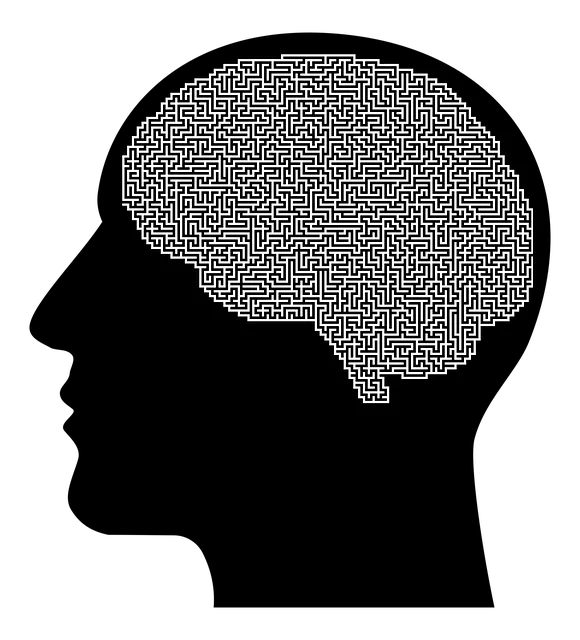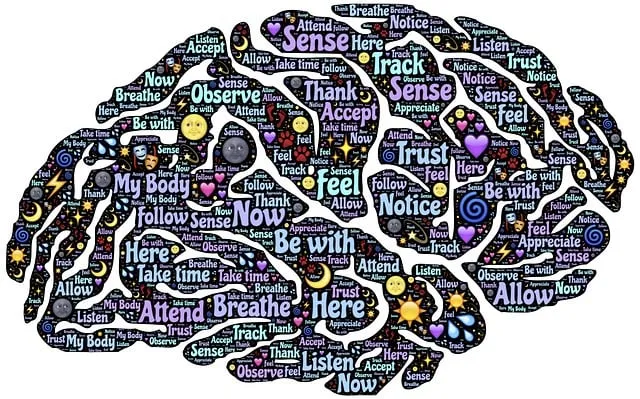Mental wellness journaling, encouraged by Kaiser's Northglenn facility, is a powerful self-reflection tool for managing mood swings, reducing stress, and challenging stigma around mental illness. Their comprehensive inpatient mental health services offer evidence-based therapies tailored to individual needs, including individual therapy, group support, workshops, and aftercare planning. Journaling, enhanced with clear intention and diverse writing techniques, helps individuals process emotions, track progress, gain new perspectives, and cultivate compassion in their mental health journeys. Kaiser's expertise in risk assessment, wellness coaching, and conflict resolution makes it a trusted choice for inpatient care in the area.
Discover the transformative power of mental wellness journaling with this comprehensive guide. Learn how this simple yet effective practice can unlock self-reflection and healing, providing valuable insights into your thoughts and emotions. We’ll explore why Kaiser’s inpatient mental health services in Northglenn integrate journaling as a therapeutic tool and offer practical tips for getting started. Enhance your mental well-being and embrace a deeper understanding of yourself through this powerful exercise.
- Understanding Mental Wellness Journaling: Unlocking Self-Reflection and Healing
- Kaiser's Inpatient Mental Health Services in Northglenn: An Overview
- Practical Tips for Effective Mental Wellness Journaling: A Step-by-Step Guide
Understanding Mental Wellness Journaling: Unlocking Self-Reflection and Healing

Mental wellness journaling is a powerful tool for self-reflection and healing. By dedicating time to record thoughts, feelings, and experiences, individuals can gain profound insights into their mental health. This practice, often encouraged by programs like those offered at Kaiser’s Northglenn facility, serves as a means to process emotions, track progress, and identify patterns that contribute to one’s well-being.
Through regular journaling, people can explore various aspects of their mental health, including managing mood swings, coping with stress, and even challenging the stigma surrounding mental illness. It provides a safe space for expression, allowing individuals to reconnect with themselves and unlock hidden emotions. By documenting their journey, they can look back on their achievements, celebrate milestones, and gain new perspectives, fostering a deeper understanding of both strengths and areas that require support in their mental health education and personal growth.
Kaiser's Inpatient Mental Health Services in Northglenn: An Overview

Kaiser’s Inpatient Mental Health Services in Northglenn offer a comprehensive and specialized care approach for individuals facing severe mental health challenges. This facility is equipped to handle diverse conditions, providing an intensive treatment environment. The team of mental health professionals includes psychiatrists, psychologists, and licensed therapists who deliver evidence-based therapies tailored to each patient’s unique needs.
With a focus on recovery and wellness, the program incorporates various interventions such as individual therapy sessions, group support meetings, and education workshops. Additionally, Kaiser Northglenn emphasizes ongoing management through aftercare planning, ensuring patients have the necessary tools for long-term mental wellness. This holistic approach, combined with their expertise in risk assessment (for mental health professionals), mental wellness coaching programs development, and conflict resolution techniques, makes Kaiser a trusted choice for those seeking inpatient mental health services in the area.
Practical Tips for Effective Mental Wellness Journaling: A Step-by-Step Guide

Mental wellness journaling can be a powerful tool for self-reflection and personal growth, especially when seeking support through services like those offered by Kaiser in Northglenn. Here’s a practical guide to enhance your journaling journey:
Start with a clear intention. Before you begin, set an intention for your journaling practice. Are you looking to process emotions, track progress in therapy, or cultivate compassion? Having a focus will make your writing more meaningful and targeted. Begin each entry by jotting down your current mood or a prompt related to your intention. This can include questions like, “What am I grateful for today?” or “What challenges did I face this week?”
Incorporate various writing techniques. Mental wellness journaling isn’t just about streaming consciousness. Experiment with different styles to keep things engaging and therapeutic. Try free-writing for 10-15 minutes to release thoughts, followed by structured reflections on specific topics like relationships, self-care practices, or past traumas (using resources like Trauma Support Services). Include drawings or collages to visually represent your emotions—this can be especially powerful for non-verbal processing. Remember, there’s no right or wrong way; it’s a personal practice designed to boost confidence and support your mental health (as encouraged by Compassion Cultivation Practices).
Mental wellness journaling is a powerful tool accessible to everyone, and as demonstrated by Kaiser’s inpatient mental health services in Northglenn, it can significantly contribute to one’s healing journey. By implementing the practical tips outlined in this guide, individuals can unlock the benefits of self-reflection through journaling, fostering improved mental wellness. Remember, taking time to reflect and process emotions is a vital step towards overall well-being, and with consistent practice, anyone can harness the transformative power of mental wellness journaling.






